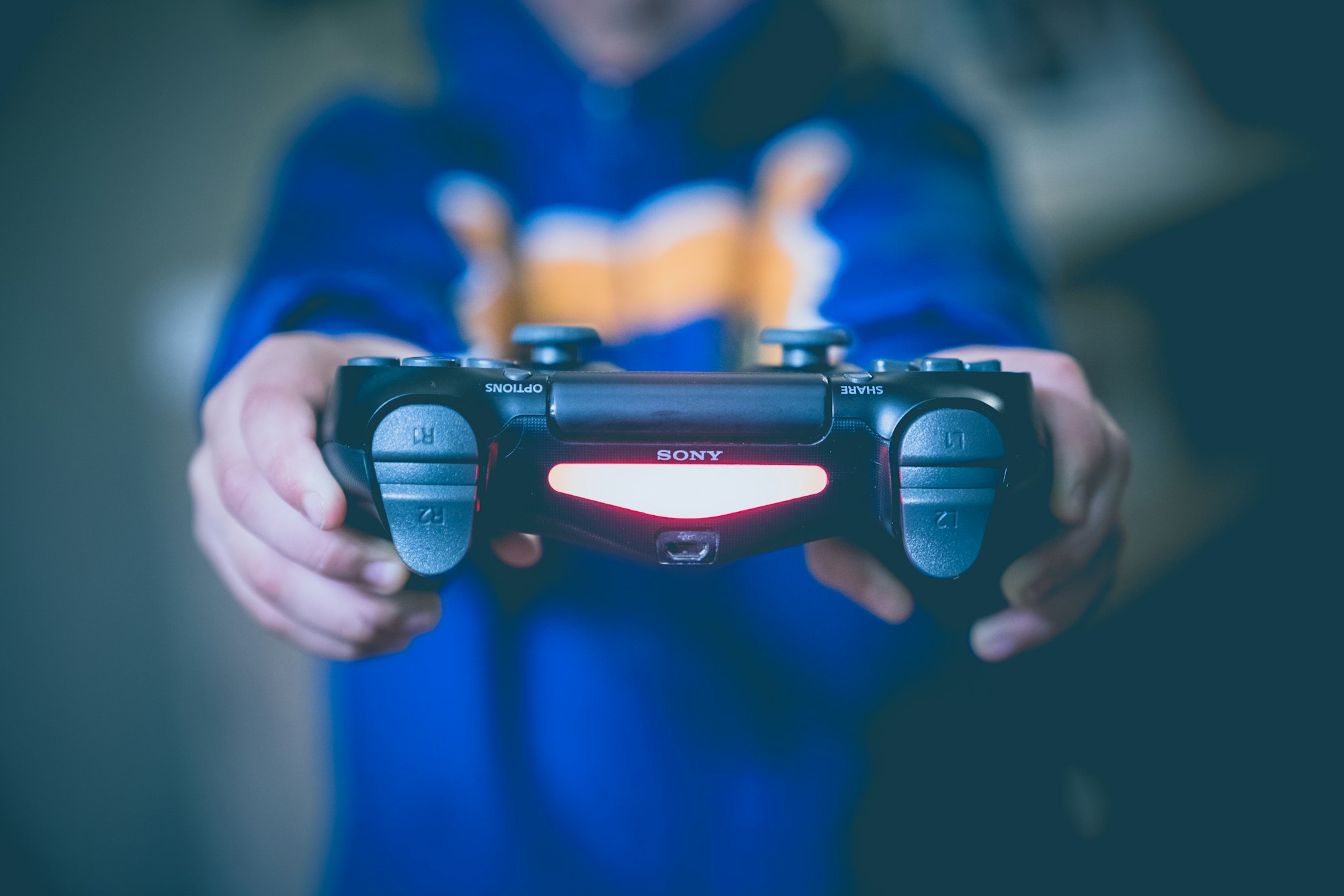How Does Gaming Change Perceptual and Cognitive Processing?
“Game designers want to make sure players learn to play the games they design so that these players will then buy the games they have come to enjoy.” But research over the past decade has shown that the effects of learning to play at least some types of video games extend well beyond the market confines of commercial entertainment.
One genre of video games in particular, the action video games—which involve lots of fast motion, many items to keep track of simultaneously, and a need to attend to peripheral vision constantly—has been linked to a multitude of benefits from the lowest levels of perception up through the highest levels of cognition. Before we describe the benefits researchers have found in action video game play, we should briefly discuss how they conduct these studies.
Most studies begin with an “experiment of nature.” Some individuals spend a significant amount of time playing action video games as part of their daily routines, while others eschew the genre (although they may play other types of games). Thus, researchers first ask whether these self-reported action video game players (AVGPs) outperform nonaction video game players (NVGPs) a Video Games 55 a given perceptual or cognitive task.







